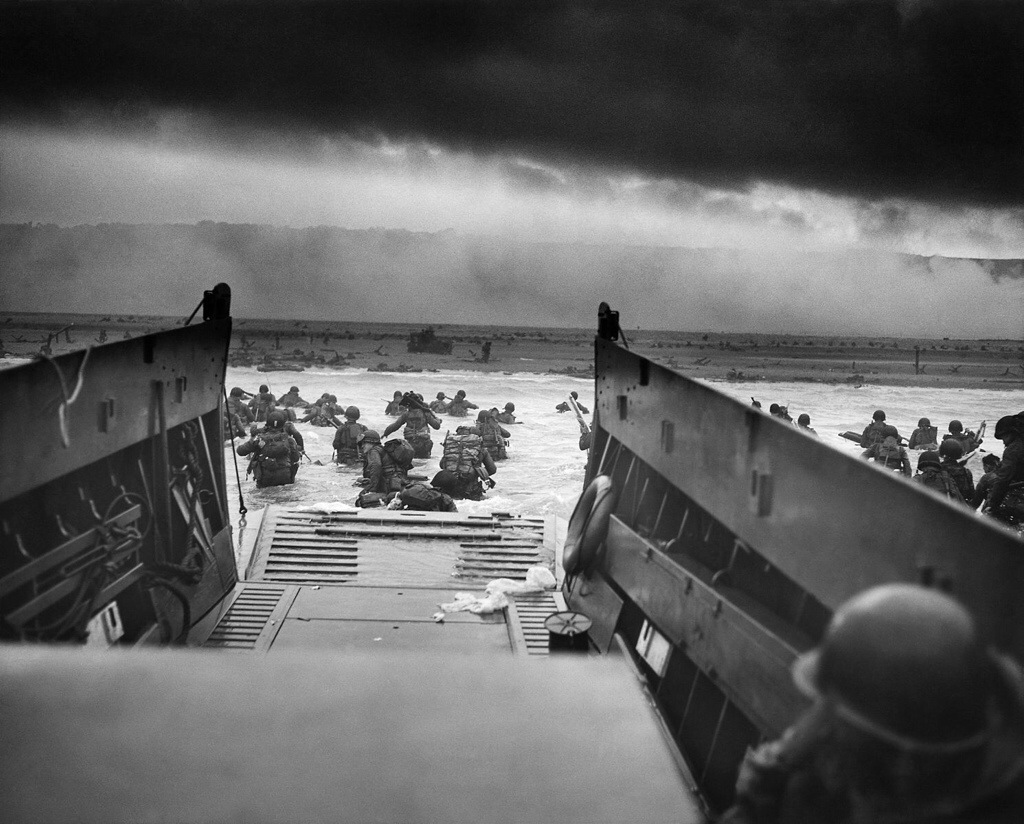D-day arrived on June 6, 1944 and the cross channel assault, part of Operation Overlord, began and changed the course of World War II. Because no operation ever goes as planned, the leaders that day were faced with a barrage of unimaginable decisions in order reduce the loss of life yet protect the goals of the operation.
During his address to the House of Commons that same day, Winston Churchill expressed his confidence in the Supreme Commander’s abilities. Addressing the weather and other unpredictable aspects of both the airborne and amphibious landing operations he said:
General Eisenhower’s courage is equal to all the necessary decisions that have to be taken in these extremely difficult and uncontrollable matters.
These decision amid extremes were likely what General Eisenhower had in the forefront of his mind when he proclaimed that
When you come right down to it, leadership is, of course, being exerted all of the time in the capacity of boosting morale, confidence, and all that, but leadership is most noticeable when tough decisions have to be made…. But making decisions is the essence of leadership; that is, handling large problems whether at war or peace. (As recorded in a personal interview by Edgar P. Puryear, May 2, 1962)
These decisions are the unglamorous part of being a leader the public rarely sees. Even though they may become routine, even in rough situations, decisions are rarely made between two clear choices.
The choice of timing the invasion is a good example of huge decisions made on unclear information. The allied forces had just a few days each month when all of the tide and moonlight conditions were optimal for the landings. However, when the first dates arrived the weather was poor. With assurances but not guarantees the conditions would improve General Eisenhower made the decision to commence operations, setting D-day to the 6th of June. Had he decided to delay (a very safe decision) the next window of opportunity was two weeks away (the weather was worse on those days). To accentuate how unclear the weather predictions were, the Germans believed the weather was too poor for operations making allied attack improbable. So most leaders were gone and many troops were given leave.
The leadership lessons from D-day:
1. Leadership is difficult work.
2. Decisions making is the essence of leadership
3. Decisions are never clear
4. Leaders are lonely – ultimately only one person decides

